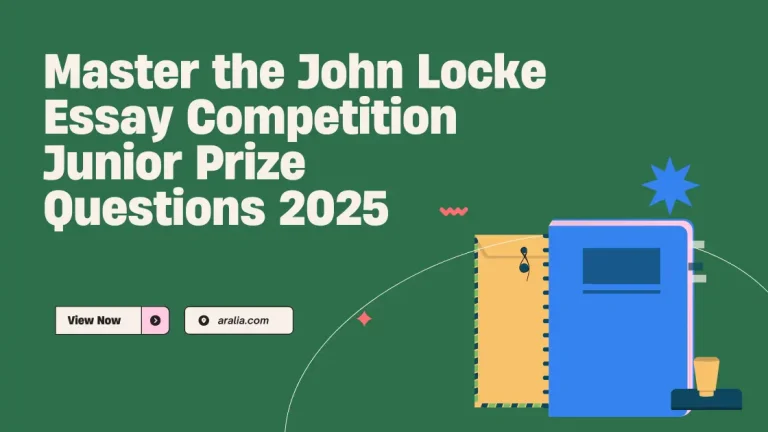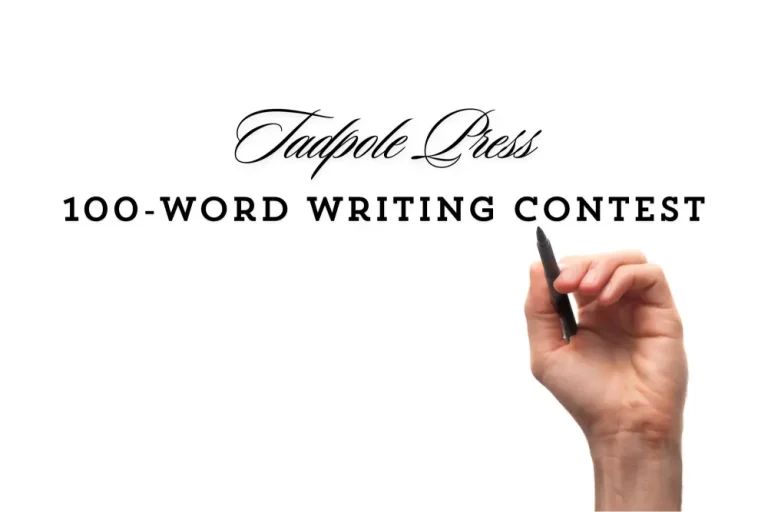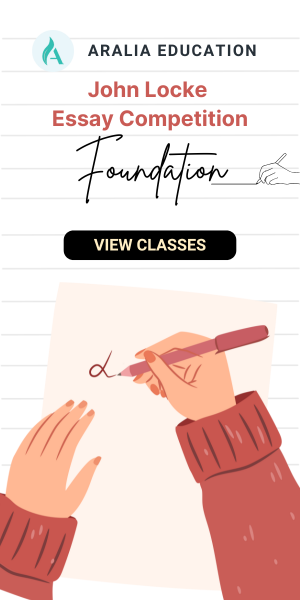New Topics, Extended Deadlines, and Key Changes from 2024
78% of Aralia Students Win Prizes in the John Locke Essay Competition
Q1. Why was sustained economic growth so rare before the later 18th century and why did this change?
Q2. Has music ever significantly changed the course of history?
Q3. Why do civilisations collapse? Is our civilisation in danger?
Q1. Why was sustained economic growth so rare before the later 18th century, and why did this change?
Let’s break this question down into smaller themes to make sure your essay is comprehensive. There are three outstanding topics: the industrial revolution, how it led to new technologies, and global trade. It could be interesting to look at industrial revolutions through time, and the vast differences between the first industrial revolution and the current one today with the advent of AI. Overall, this question involves analyzing the effects of growth and change in society and how these things interact with the economy. What factors, especially with the rise of new technologies, globalization, and revolutions of all kinds, have had a direct or indirect impact on the economy’s ability to grow; and, more importantly, why? Which of these factors has been the most influential, and how does this factor intersect with other changes in our world to impact the notion of economy and how it interacts with society?
While writing the essay, don’t forget to integrate evidence from secondary sources, primary sources, and economic data to support your argument.
Q2: Has music ever significantly changed the course of history?
This question requires that students think about the effects that music can have on society, politics, culture, or any field that students are interested in exploring. Questions like these are a great opportunity for students to not only explore questions about historical change, but also to challenge themselves to think more abstractly and, possibly, in more obscure ways. As this question is incredibly broad, students should think critically about a specific era or piece of music that they believe changed the course of history to focus on in their essays. Then, they should make sure to consider both how this music impacted society, and why it did so. It could also be useful to consider the implications of music’s ability (or inability) to change history, and what conditions it must meet in order to do so, as well as if there is other music that has changed history or could do so in the future.
Additionally, students should think about what kinds of evidence would be appropriate to demonstrate their argument. Similar to the first question, students should include primary and secondary sources to highlight or oppose their argument. Some examples could include memoirs of musicians and performers, interview notes, or historical accounts of events.
Q3: Why do civilisations collapse? Is our civilisation in danger?
This question gives students an opportunity to explore a wide range of issues. This is primarily a history question that requires students to understand what defines a civilization, civilizations that have collapsed in the past, and the concrete internal and external causes of that collapse, including (but not limited to) the political, social, and environmental dynamics. In addition, students should also think about how these things caused a civilization to collapse and why. Then, they should apply this knowledge and the historical conditions of collapse to our current civilization and critically analyze our risk based on the similarities of these factors, as well as considering any new factors that may have an impact on societal collapse that did not exist in the past. Also, it could show deeper analytical thinking to include any potential measures that we could take to prevent or mitigate the collapse of our civilisation.
When discussing the causes of collapse and explaining whether our current civilization is in danger, students should include historical evidence that is linked together with rigorous argumentation. For an essay to be effective, facts are important, but they must also be presented in a cohesive argument and, even more importantly, must have sentences and paragraphs around those facts that explain to the reader why those specific facts and arguments are important in a greater context.
Unlock Your Writing Potential: Students in Our Writing Competition Preparation Class Are More Likely to Secure Awards
Some General Tips for Students to Keep in Mind While Writing Their Essay
Analyze the questions and link them to John Locke’s philosophy
Take the time to understand the essay prompt and what the question is asking for. By drawing connections between Locke’s philosophy and the essay prompt, you can provide a nuanced and insightful analysis that demonstrates a deep understanding of both the question and Locke’s ideas. This approach not only showcases your comprehension of the material but also allows you to engage critically with the topic at hand.
What is John Locke’s Philosophy?
John Locke was an incredibly influential figure in social and political philosophy during the 1600’s. John Locke believed that there was no such thing as the ‘divine right’ of kings and queens to rule, and proposed a much more progressive set of ideas for that time. This included the idea that human beings have a natural right to life, liberty, and property that cannot be taken away by those in positions of power. This idea was highly influential in the creation of things like the Declaration of Independence and other foundational documents and ideals. His ideas were based on the idea of a social contract formed between a leader and common citizens that guarantees these essential rights, and, if broken, gives communities the moral imperative to change or oust leadership. When considering John Locke’s philosophy while writing your essay, it is important to do further research and explore all of John Locke’s ideas as well as the ideas of those who opposed him so that you can effectively apply them to your topic.
Clear reasoning with evidence drawn from extensive research
Once you decide on your stance about the question, it’s important to present your argument with logical reasoning and strong evidence from reputable sources. Students can utilize a variety of sources, including academic journals, books, and scholarly articles to gather relevant information and develop a well-informed argument. In addition, make sure that you have a strong thesis statement and that your structure and ideas are presented clearly, allowing your reader to navigate your essay with ease.
Engage in critical analysis
In addition to providing reasoning and evidence that support students’ arguments, students should also examine alternative perspectives to show that they have the ability to evaluate evidence critically– specifically the strengths and weaknesses of different viewpoints. The most important part of an argumentative essay is to answer the question, “so what?” Students should consider the wider implications of their argument, as well as why their audience should deeply care about what they have to say.
Refine Your Writing Style
This type of essay falls under the argumentative essay type. This essay type requires a third-person perspective throughout the introduction, body, and conclusion. Students should also use headings and transitions to create a smooth flow and overview of ideas without providing an excess of information.
Proofreading and Editing
Before submitting your essay and throughout the writing process, always seek feedback from peers and teachers to gain valuable insights and perspectives on your essay to help you make revisions and create the best essay you possibly can.
Aralia’s John Locke Competition Prep

John Locke Essay Competition Prep
In this John Locke Essay Competition Prep course, students will learn the ins and outs of essay writing, in preparation for entering the competition. We offer prep classes in all categories: philosophy, politics, economics, history, psychology, theology, and law. Students will choose one topic, compose an original thesis and argument, and write an essay for submission. Students will engage in a guided analysis of primary and secondary sources, develop critical thinking skills, and discover interesting insights. In addition to the group lecture classes, students will receive guidance on their individual projects from the instructor, in one-on-one sessions.











